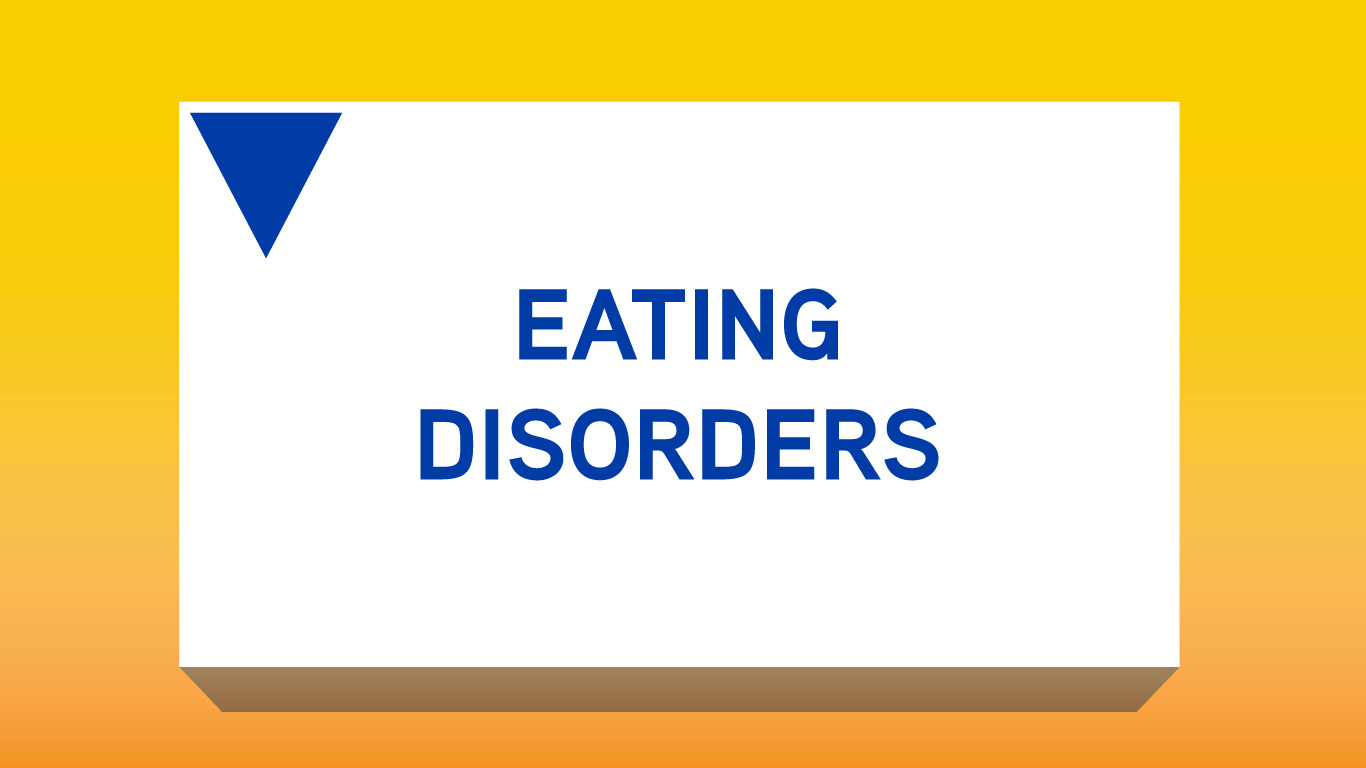Side Effects of an Eating Disorder
By Anonymous, July 25, 2019
I’ve never been over weight or even bigger than average, but I’ve always been a little bit chubby. It was never a thought for me until the end of middle school. It’s the age where you just want to blend in with everyone else, but stand out enough to be cool. The way I tried to do that was by wearing those tight Aeropostale uniform shirts all the popular girls would wear. I hadn’t hit puberty as early as those girls did so my figure wasn’t the same as theirs. My chest was still pretty flat and I hadn’t quite lost the last of my baby fat. I remember sitting in math class and looking down at my stomach and feeling so insecure about how big I thought it was. For the rest of eighth grade, I sucked my stomach in like my life depended on it.
- 95% of those who have eating disorders are between the ages of 12 and 25
- 50% of girls between the ages of 11 and 13 see themselves as overweight
- 80% of 13-year-olds have attempted to lose weight
Sophomore year was as bad as it got. I got to a very dark place during that year, and the stress and depression just helped suppress my appetite. I would go up to three days without eating. Going that long without sustaining your body in any way takes such a big physical toll on yourself. I could barely keep myself standing on those third days. You would think a person wouldn’t want to subject themselves to feeling that disgusting and terrible. But, in my personal experience, you learn to love feeling hungry. It’s still satisfying to feel my stomach growl to this day. In a twisted way, the control I had over my eating habits made me feel powerful.
Obsessively weighing myself, counting calories, limiting portions and my weight itself have been at an all-time low this past year. I also started setting goal weights for myself. On the bright side, I never went more than a day without eating and I’ve upped my water intake. I don’t know what the magic combination was, but I managed to hit 100lbs in May. I never looked underweight, you couldn’t really make out the definition of my ribs unless I stretched, but I’m 5’7. Weighing 100lbs at 5’7 is not healthy and I knew that, but I just wanted to stop hating my stomach, I wanted to use losing weight as a coping method for my body dysmorphia.
- Over 70 percent of those who suffer with eating disorders will not seek treatment due to stigma, misconceptions, lack of education, diagnosis and lack of access to care.
But I’m trying to get better. My weight is still fluctuating, but hasn’t fallen below 105 in like a month. It’s a very slow process to pull myself out of my bad eating habits, but this time I have help. I told people what I’m trying to do and they help hold me accountable. My sister is actually my biggest help. Because she knows how frustrating it is to gain weight and how much it can kill your self-esteem, but she helps keep my mind in the right place.
- Anorexia is the 3rd most common chronic illness among adolescents, after asthma and obesity.
- Eating disorders have the highest mortality rate of any mental illness
- 20% of people suffering from anorexia will prematurely die from complications related to their eating disorder, including suicide and heart problems
There’s a lot more to eating disorders than just losing weight. For example, binge-eating is a common eating disorder and that has nothing to do with losing weight. Anorexia and bulimia have both similar and different side effects. But anorexia is the most common eating disorder, so let’s unravel what it’s really like.
Anorexia is all about avoiding food, limiting portions, and overall strictly controlling eating habits. There are two types of anorexia: restrictive or binge-purge. Restrictive is exactly what it sounds like, restricting what you eat. In my opinion, binge-purge should fall more under bulimia than anorexia, but essentially it consists of a person restricting their eating habits until they hit a binge-episode and then purge what they just ate, typically through vomiting. The dangers of these dietary habits come from not sustaining your body’s energy source.
This is where the weight loss comes in, except not necessarily how most people would think. Yes your body will break down stored fat for energy, but it also attacks muscles too. And a lot of problems sprout from this. Obviously a loss of strength, but heart issues, anemia, brain damage and infertility are risk factors as well. Once these risks have taken effect, they don’t stop if you fix your eating habits. You can work on rebuilding your muscles or take medications to reduce the impact of other risks, but these things stick with you. I’m cold all time, anorexia drops your internal body temperature and can mess with your blood circulation from the stress it puts on your heart. I can’t really tell when I’m hungry anymore. Before I started taking birth control my period could be a week early, two weeks late or completely skip a month because of my eating disorder. These are just the physical effects, the psychological ones range from person to person.
• It is estimated that 8 million Americans have an eating disorder
• An estimated 10 – 15% of people with anorexia or bulimia are males
Eating disorders are mental illnesses that can lead to physical ones and even end lives. Because it’s an illness it might always be prevalent in your life, especially its effects on your body. It’s easy to get lost in your eating disorder, but with enough help and support it’s possible to put it behind you. Please, if you are struggling with an eating disorder or you know someone who is reach out to get help. You can go to betterhelp.com for affordable counseling or you can make an appointment with ICC’s counseling services. You can call them at (309) 694-5281 or email counseling@icc.edu but the easiest way to make an appointment would be going to their webpage, https://icc.edu/students/student-services/counseling/.
Sources:
www.eatingrecoverycenter.com
www.statesc.us/dmh/anorexia
www.nimh.nih.gov
www.webmd.com

